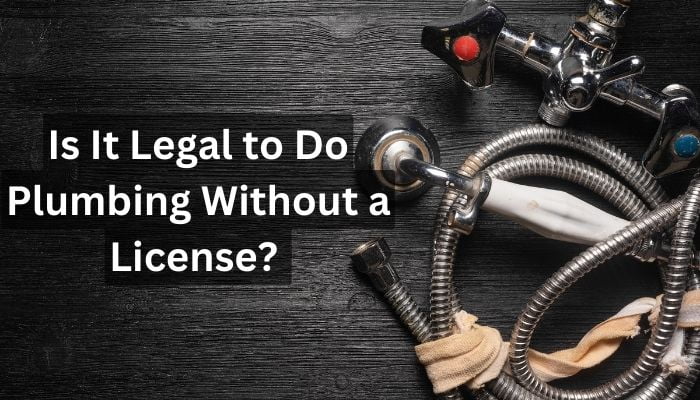
Is It Legal to Do Plumbing Without a Licence?
In the intricate web of professions and regulations, plumbing occupies a unique space. It’s a skill that touches the very core of modern civilization, ensuring that our homes and establishments have access to clean water and efficient waste disposal. But with such a pivotal role comes a slew of considerations, both ethical and legal. One of the most debated topics in this realm is the legality of performing plumbing tasks without a licence.
Understanding the Essence of Licencing
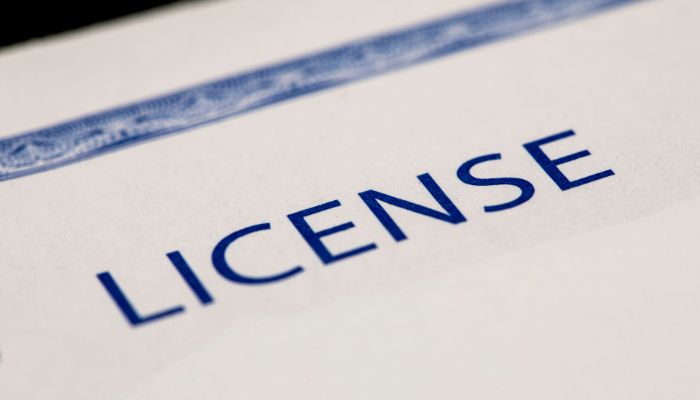
Before diving into the legalities, it’s essential to grasp the purpose behind licensing. Licences, in many professions, act as a testament to the holder’s expertise, training, and adherence to established standards. In plumbing, a licence ensures that the individual is well-versed in local building codes, safety protocols, and possesses the requisite skills to perform the job efficiently and safely.
The Value of Certified Plumbing
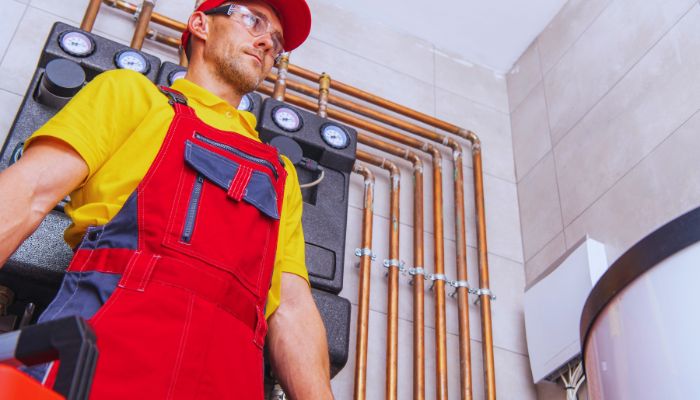
Certified plumbing stands as the gold standard in the industry, representing a commitment to excellence, safety, and professionalism. When a plumber achieves certification, it signifies that they have undergone rigorous training, passed stringent examinations, and demonstrated a profound understanding of both the practical and theoretical aspects of the trade. Opting for a certified plumber not only ensures adherence to local building codes and regulations but also provides peace of mind to homeowners and businesses alike. In a world where precision and reliability are paramount, certified plumbing emerges as a beacon of trust and quality assurance.
The Legal Landscape
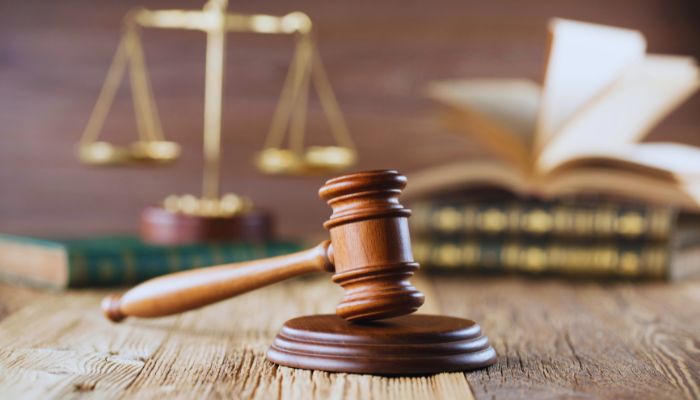
The legality of unlicenced plumbing varies significantly across regions, states, and countries. In many places, performing major plumbing tasks without a licence is unequivocally illegal. The reasons are manifold:
- Safety Concerns: Plumbing, though often underestimated, can have significant safety implications. Incorrect installations or repairs can lead to leaks, water damage, or even catastrophic events like explosions in the case of gas plumbing.
- Building Integrity: Improper plumbing can compromise the structural integrity of buildings, leading to dampness, mold growth, and foundational issues.
- Public Health: Faulty plumbing can contaminate water supplies, posing severe public health risks.
Given these implications, many jurisdictions mandate licencing for anyone offering plumbing services, especially for tasks that go beyond minor repairs.
The Gray Areas
While major plumbing tasks, especially those related to public water supplies or gas lines, almost always require a licenced professional, there are gray areas. Some regions might allow individuals to perform minor repairs or installations in their own homes without a licence. However, even in these cases, any plumbing work must adhere to local building codes, and permits may be required. In Queensland, the main plumber’s governing body is called the Master Pluber’s Association of Queensland.
Potential Repercussions of Unlicenced Plumbing
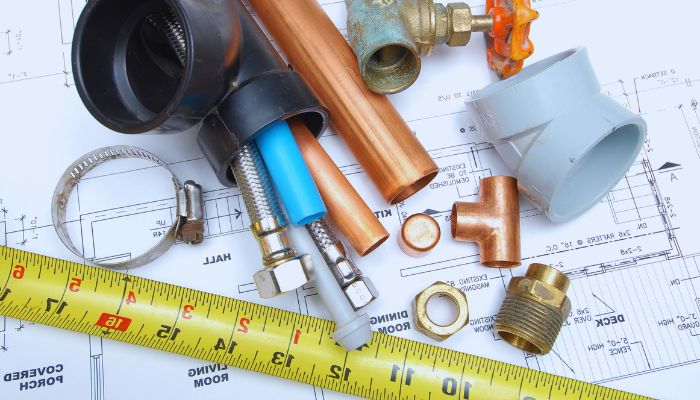
Engaging in unlicenced plumbing can have several consequences:
- Legal Penalties: Individuals or businesses caught performing plumbing without the necessary licences can face fines, legal actions, or even imprisonment in some jurisdictions.
- Liability Issues: In the event of damage or injury resulting from unlicenced plumbing work, the individual or entity responsible might be liable for damages, facing hefty compensation claims.
- Reputation Damage: For businesses, getting caught engaging in unlicenced activities can tarnish their reputation, leading to a loss of clientele and trust.
In Conclusion
The realm of plumbing, with its intricate network of pipes, valves, and fittings, is more than just a technical profession. It’s a responsibility, ensuring the safety, health, and well-being of communities. While the allure of saving costs might make unlicenced plumbing seem tempting, the potential legal and ethical repercussions are significant. It’s always advisable to consult local regulations, understand the nuances of licensing, and prioritize safety and legality above all else.
This article is of a general nature and is intended for information only. It should not be relied upon as legal advice. If you require further information, advice or assistance for your specific circumstance, please contact us at Bouchier Khan Lawyers.
